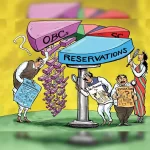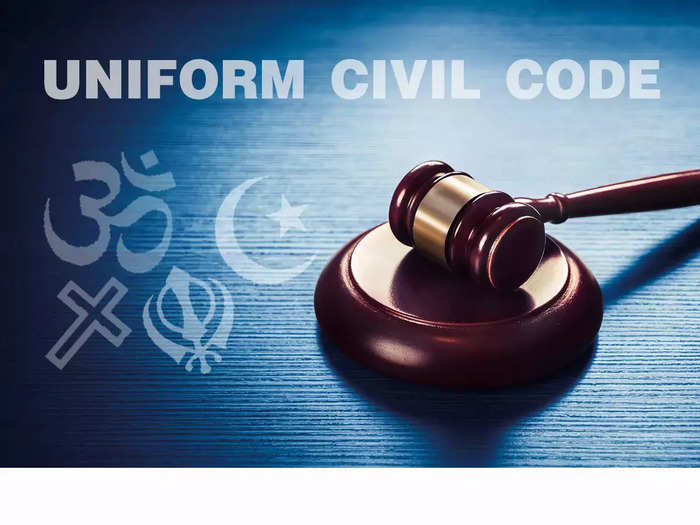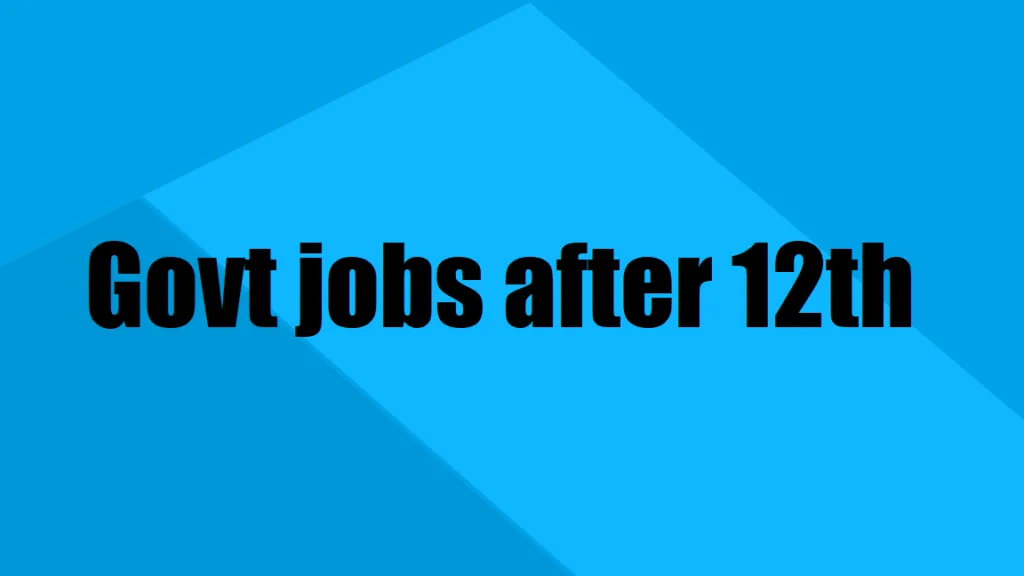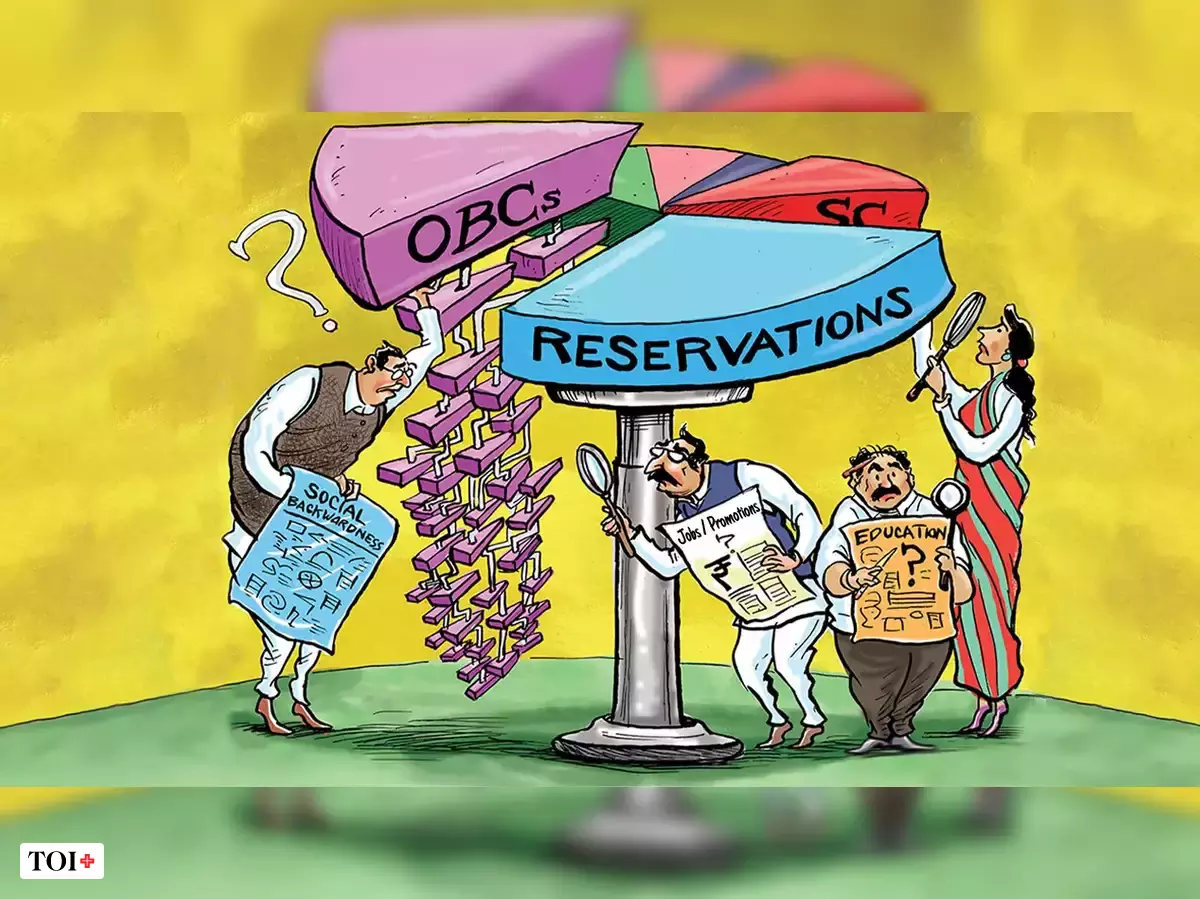The Uniform Civil Code (UCC) has been a contentious and enduring topic in India, sparking fervent deliberations for decades. Its core principle involves the substitution of religion-based personal laws with a comprehensive legal framework that extends equally to every Indian citizen, transcending faith boundaries. The UCC is frequently perceived as a vehicle for advancing gender parity, fostering social equity, and promoting national unity. This discourse will delve into the essence of the Uniform Civil Code, its historical backdrop, the array of arguments in favor of and opposed to its implementation, and its potential ramifications within Indian society.
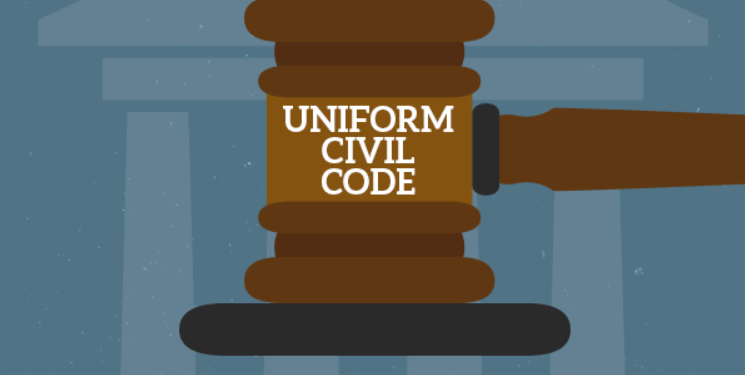
Historical Context
Article 44 of the Indian Constitution introduced the concept of a Uniform Civil Code, aiming to establish a uniform set of civil laws applicable to all Indian citizens across the nation, with the primary goal of fostering gender equity and societal fairness by abolishing discriminatory practices found in diverse religious-based personal laws, including those of Hindu, Muslim, Christian, and other communities.
Over the years, the issue has remained highly contentious due to its potential to encroach upon religious and cultural practices. Personal laws have deep roots in India’s diverse society, and any attempt to reform them is met with resistance from various religious and social groups.
Arguments in Favor of the Uniform Civil Code
Promoting gender equality is a central rationale for advocating a Uniform Civil Code, as it would address the pervasive discrimination women frequently encounter in marriage, divorce, inheritance, and property rights under current personal laws. Implementing a uniform legal framework would guarantee consistent protection of women’s rights irrespective of their religious affiliation.
Social Justice: Advocates for the UCC argue that it would bring about social justice by eliminating caste-based and religious discrimination. It would create a level playing field for all citizens, irrespective of their religious background, in matters of personal law.
National Integration: The UCC is seen as a means to promote national integration by fostering a sense of common citizenship and shared legal principles. It would help bridge the divide between communities and promote a unified identity as Indian citizens.
Legal Clarity: The existence of multiple personal laws can lead to confusion and legal complexities. A Uniform Civil Code would simplify the legal framework, making it easier for citizens to understand and navigate the legal system.
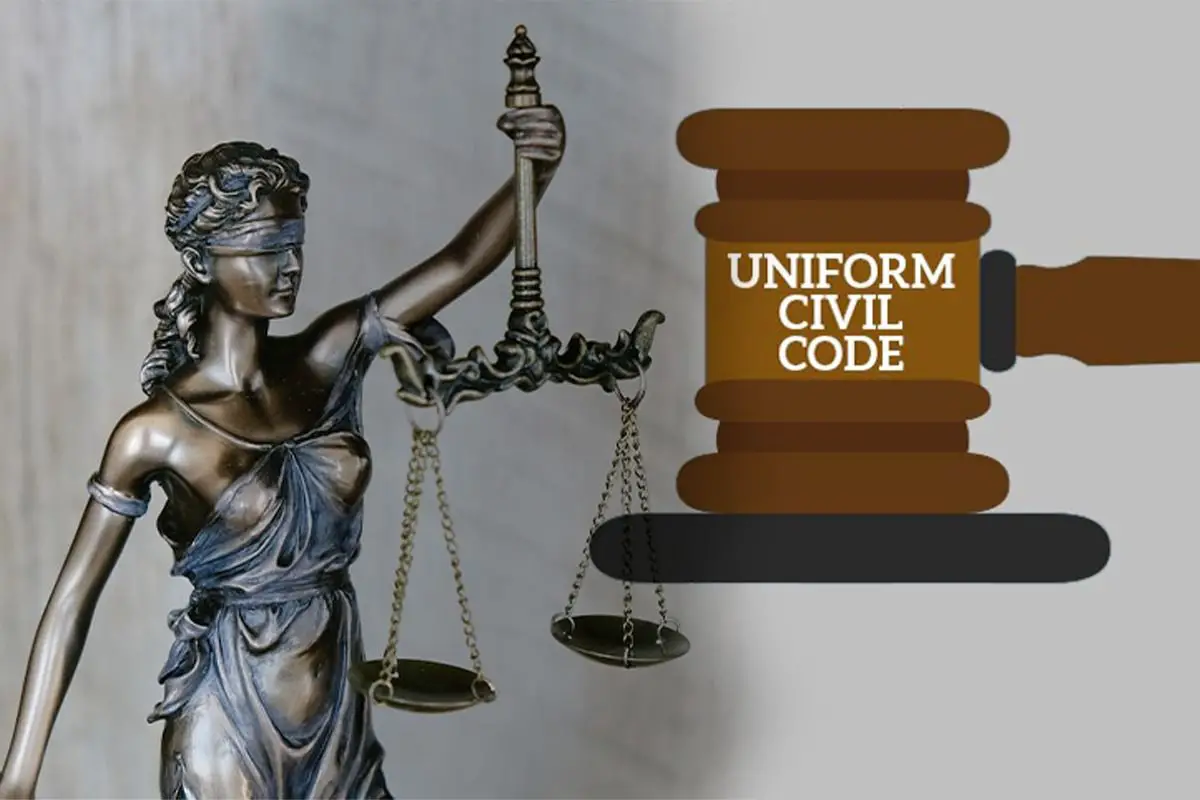
Arguments Against the Uniform Civil Code
Cultural and Religious Diversity: Opponents argue that India’s cultural and religious diversity should be respected and preserved. Implementing a uniform code could be seen as an imposition of a single cultural and legal framework on a pluralistic society.
Potential Backlash: Attempts to implement a UCC have historically faced significant resistance from religious and conservative groups. This could lead to social unrest and political backlash.
Inadequate ms: Some argue that instead of a sudden shift to a UCC, it would be more practical to bring about gradual reforms within existing personal laws to address issues of gender equality and social justice.
Preparation: Critics contend that India’s legal and administrative infrastructure may not be adequately prepared to implement a uniform code. There is a need for careful consideration of the practical challenges involved.
Conclusion
The discourse surrounding the Uniform Civil Code in India presents a intricate and multi-dimensional scenario. Advocates contend that it serves as an essential stride towards advancing gender equality and social justice, whereas critics emphasize the significance of safeguarding the nation’s diverse cultural and religious heritage. Navigating this delicate equilibrium between these contrasting viewpoints is a formidable task that the Indian society must confront as it aspires for equity and fairness. In the end, the course of action selected will wield profound consequences on the nation’s social cohesion and legal framework.
Read More:- Unraveling Article 35A: A Contemplation of Identity and Autonomy
Read More:- The Critical Role Of NGOs In Fostering National Success






